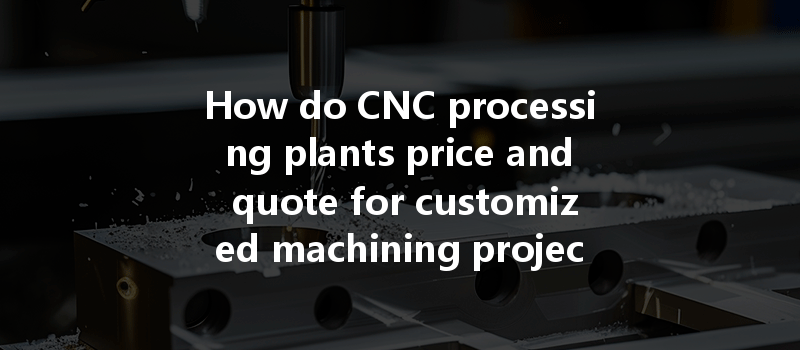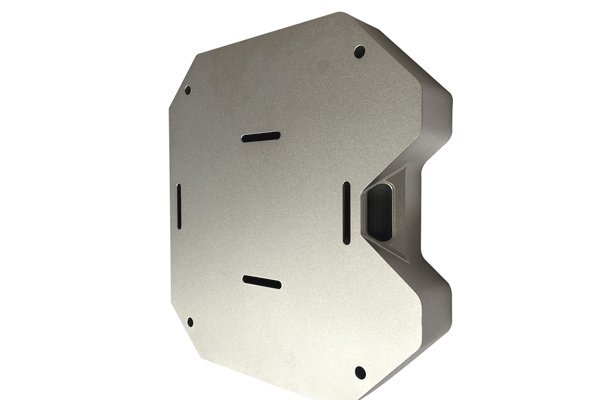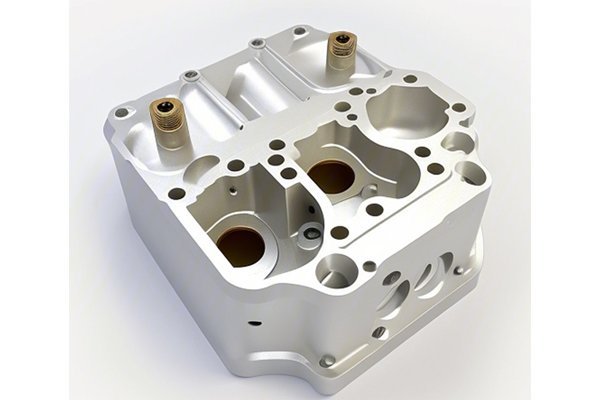Did you know that the global CNC machining market is expected to reach a staggering $100 billion by 2025? As the demand for precision and efficiency rises across various industries—ranging from aerospace to automotive—CNC (Computer Numerical Control) machining plants are at the forefront of this growth. When it comes to sourcing parts, a crucial yet often overlooked aspect is understanding how CNC processing plants price and quote for customized machining projects. This blog dives deep into this complex subject, providing a detailed guide to navigating the pricing landscape in CNC machining.
Understanding the Factors Influencing CNC Machining Quotes
Before we delve into the specifics of pricing, it’s essential to understand the factors that influence CNC machining quotes. Various elements come into play, including:
Material Selection
One of the primary factors affecting the cost of CNC machining is the type of material used. Different materials have varying costs, machining properties, and availability. For example:
Choosing the right material is fundamental for balancing costs while meeting project specifications.
Complexity of Design
The complexity of the part design directly impacts machining costs. More intricate designs may require specialized tools and advanced setups, leading to higher quote estimates. Factors to consider include:
Utilizing CAD (Computer-Aided Design) programs can help in optimizing designs for more cost-effective machining.
Setup Time
Setup time is another critical factor affecting pricing. A longer setup usually implies higher costs. Key elements in setup time include:
Minimizing setup times without compromising quality is crucial for maintaining competitive pricing.
Production Volume
The quantity of parts required can significantly affect pricing. Typically:
Therefore, it’s beneficial to discuss projected volumes with the machining plant to gauge the pricing structure effectively.
Labor Costs
Labor plays a substantial role in CNC machining, especially when complex setups or skilled operators are required. The rates may vary significantly based on:
It’s essential to factor in labor costs into the overall pricing model for a transparent quote.
Effective Quoting Process in CNC Machining
To provide accurate quotes for customized machining projects, CNC processing plants typically follow a well-defined quoting process. Below are the key steps involved in this process:
Step 1: Initial Inquiry
The process usually begins with an initial inquiry from the client. This can be a formal request for quotation (RFQ) or an informal chat to gauge pricing for specific parts. Key information gathered includes:

Step 2: Assessment
Once the inquiry is received, engineers or machinists evaluate the project. This examination involves:
This assessment aids in identifying challenges, determining the tools required, and estimating timeframes.
Step 3: Quoting
After thorough analysis, CNC processing plants prepare a quote. The quote should clarify:
It’s crucial for the quote to be detailed and broken down into various components to facilitate transparency.
Step 4: Review & Revision
CNC machining quotes may go through several rounds of review and revision. If clients have budget restrictions or design adjustments, they can work with the machining plant to refine the quote. This may involve:
The quoting process should hence be a collaborative discussion between the CNC plant and the client.
Step 5: Final Agreement
Once all conditions are met, and the final quote is agreed upon, both parties sign a contract. This contract protects both the client and the CNC processing plant, delineating terms such as:
Effective Communication is Key
Communication plays a vital role throughout the quoting process. Clients should feel empowered to ask questions and provide feedback. This helps clarify any uncertainties and ensures that their expectations align with the CNC plant’s capabilities.
Questions to Consider Asking
CNC machining is an intricate process affected by various influencing factors, from material selection to complexity of design, setup time, and production volume. Understanding how CNC processing plants price and quote for customized machining projects is invaluable not only from a budgeting perspective but also to ensure that the project runs smoothly from conception to completion.
As the industry continues to innovate and grow, the landscape of CNC machining pricing will evolve. Staying informed about these developments can provide significant benefits for clients looking to maximize efficiency and quality in their manufacturing processes.
Understanding these core elements enables clients to engage meaningfully with CNC processing plants, ensuring transparency and collaboration. Whether you are new to CNC machining or a seasoned expert, navigating the quoting process is crucial for successful manufacturing projects. Remember, informed decisions lead to better outcomes in the machining world.
So, next time you seek customized machining services, refer back to this guide and consider how pricing inquiries can shape your project success. Engaging in this dialogue can empower you to achieve the best results with your CNC machining projects.






